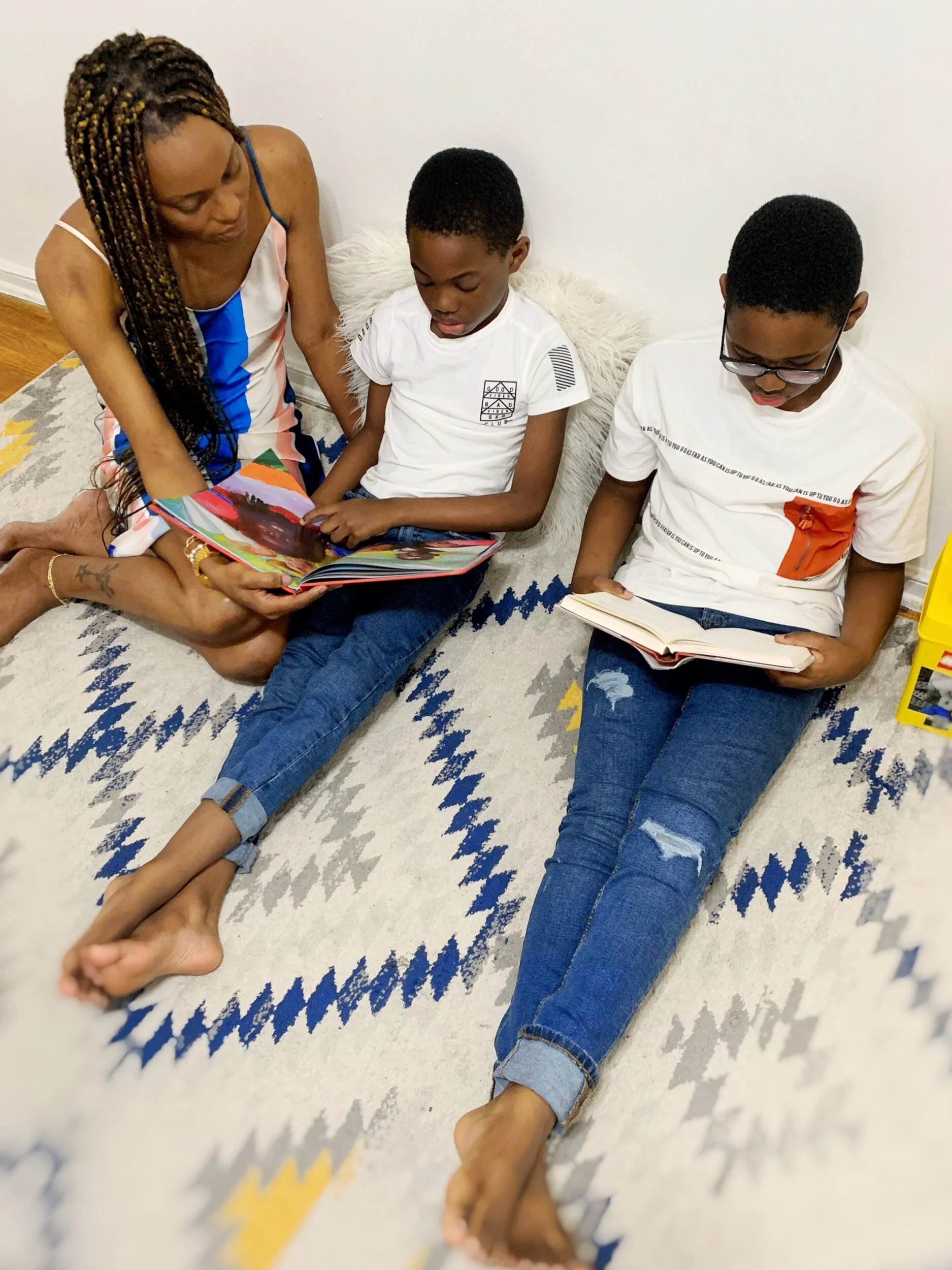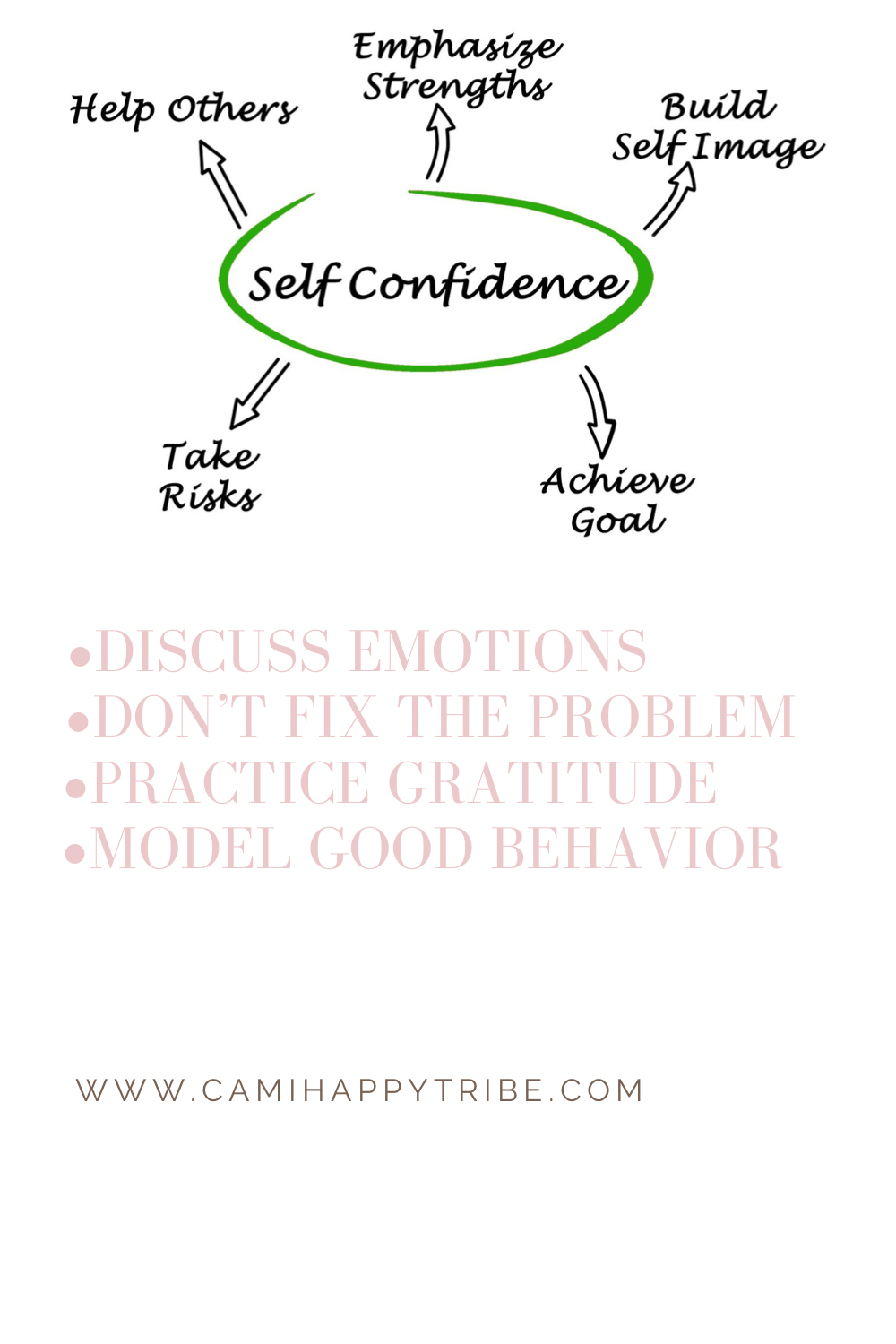How To Foster Emotional Intelligence
It is so easy to say we want to raise well-rounded children, but there’s so much work we have to put in emotionally to shape our children's lives so they wouldn’t become shitty adults. I’ve realized that while I can create a happy space, it is near impossible to keep these little humans happy all the time.
My husband and I have entered a new phase in parenting. As our boys are getting older, emotions are at an all-time high. We are somewhat used to our youngest “strong” personality, but recently he is frustrated at things slightly more than usual and isn’t too keen on constructive criticism. As if dealing with one child’s outburst isn’t enough, our oldest is testing boundaries and all of our patience. Is this the part that everyone warns you about? I am convinced he is going through puberty; yikes! That’s too early. Right? (I’m not sure if I’m ready for this). Since it is perfectly alright to go through different emotions, our job is to teach our boys healthy ways to express themselves.
Here are four ways to help kids recognize and express their feelings in a healthy way.
1.Don’t fix the problem.
As nurturers, our instinct is always to save the day. I was shocked when my oldest raise his voice at me in an angry tone. It wasn’t the typical behavior of my kindest and most calm child. We talked about why he felt he needed to react that way. He explained that even though I was trying to help, he lost his concentrations on the task at hand, which led to frustration. I am learning to step back and let my kids figure things out on their own. It would help build their confidence and develop their problem-solving skills, allowing them to cope with emotions better.
2. Discuss Emotions and be a good listener.
I am happy that my boys are very open with us and share everything. I hope it never changes. As much as we have meltdowns, we also make time to talk about emotions and why reaction matters. We discuss ways to help them recognize and understand their feelings. I know my youngest would get even more upset if he’s trying to explain and he isn’t getting the respected attention. I always listen to his problem, no matter how big or small.
3 Practice Gratitude and read excellent books.
We love reading in our home. Books that teach kindness, forgiveness, and empathy are great tools to help learn about feelings and emotions. We also encourage gratefulness in our home. Our kids have three min gratitude journals that they love to write in from time to time, and It helps them appreciate the things they have even more.
4. Model good behavior
“Children cannot be what they can’t see” is such a true saying. Our children are constantly watching us, the way we treat people, how we handle our own emotions, and solve problems. In our home, we try our hardest to practice what we say (if not, the boys call us out). As their first teachers, it is important to us to model what we want from our children. We may become tired of the outburst, but our job is to help our children learn to cope and deal with their emotions in the most positive way.
I love and read this quote almost daily by Brian Tracy “ The way you talk to your children is the single greatest factor in shaping their personality and self-confidence.”
Remember, fostering emotional intelligence is an ongoing goal; these are helpful tips to help raise the next generation of leaders and not-so-shitty adults.
Do you have ways you help your kids with their emotions? Let me know in the comments.
xo cami





